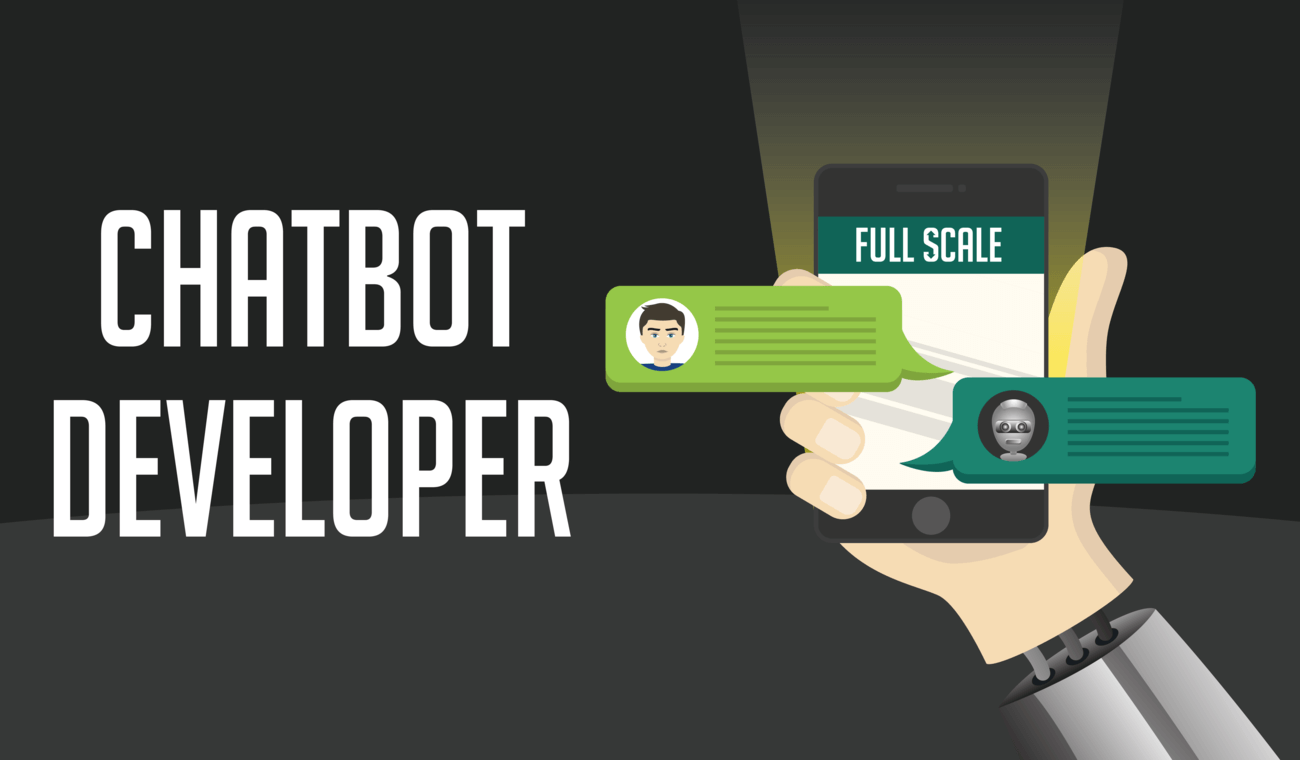In the age of digital immediacy, businesses no longer compete solely on product or price — they compete on experience. Customers expect seamless, personalized, and instant interactions, and companies across all industries are under pressure to deliver. Enter the AI chatbot developer — the silent force behind a revolution that’s transforming how brands engage with users across channels.
In this blog, we’ll explore how AI chatbot developers are reshaping the user experience landscape in key industries — from retail and healthcare to finance and hospitality — and why their role has become mission-critical in a digital-first world.
The Changing Face of User Experience
User experience (UX) today is about more than just a clean interface or intuitive navigation. It’s about anticipation, personalization, and speed. With consumer attention spans shrinking and competition rising, businesses need to meet customers where they are — instantly and intelligently.
AI chatbot developers are at the heart of this change, crafting intelligent virtual assistants that understand user intent, respond in real time, and continually learn from every interaction.
The Role of AI Chatbot Developers
AI chatbot developers are not just coders — they’re problem-solvers, conversational architects, and customer experience strategists. Their responsibilities typically include:
- Designing natural and contextual dialogue flows
- Implementing natural language processing (NLP) models
- Integrating chatbots with backend systems (CRM, ERP, APIs)
- Ensuring bots work across platforms (web, mobile, WhatsApp, Messenger)
- Continuously training bots to improve accuracy and engagement
Their work enables businesses to deliver automated yet human-like interactions at scale.
Industry-Wise Impact of AI Chatbot Developers
Let’s take a closer look at how chatbot developers are enhancing UX across various sectors:
1. E-commerce & Retail
- Before: Users had to navigate product pages, FAQs, and contact forms.
- After: AI chatbots now offer product recommendations, process returns, track orders, and assist in checkout — all in one chat window.
- Result: Faster purchases, fewer drop-offs, and higher satisfaction.
2. Healthcare
- Before: Patients waited on calls for appointments or answers to common queries.
- After: AI bots help with appointment scheduling, symptom checking, reminders, and insurance queries.
- Result: Improved access to care and less administrative burden.
3. Banking & Finance
- Before: Limited working hours and long wait times made user support frustrating.
- After: Chatbots provide 24/7 support for account info, transaction history, loan applications, and more — securely and instantly.
- Result: Higher customer trust and reduced support costs.
4. Travel & Hospitality
- Before: Travelers faced delays and unclear booking processes.
- After: Chatbots handle reservations, itinerary changes, and concierge services in real time.
- Result: Frictionless travel experiences with quick resolutions.
5. Education & EdTech
- Before: Students struggled to find course materials, deadlines, or support.
- After: Bots offer 24/7 academic help, course registration, and personalized learning paths.
- Result: Increased engagement and better learning outcomes.
What Makes a Great AI Chatbot Developer?
To redefine user experiences at this level, top chatbot developers combine:
- Technical expertise in NLP frameworks (Dialogflow, Rasa, IBM Watson)
- UX/UI understanding for smooth interactions
- Conversational design skills to build natural dialogue
- Business logic integration with third-party tools and analytics
- Adaptability to meet the needs of different industries and users
Why Businesses Should Invest in Expert Chatbot Developers
While off-the-shelf chatbot platforms exist, businesses seeking real value and differentiation need tailored solutions. Expert AI chatbot developers bring strategy, customization, and optimization — ensuring the chatbot aligns with business goals and user expectations.
In an environment where first impressions happen in milliseconds, a well-designed chatbot could mean the difference between a loyal customer and a lost one.
Conclusion
AI chatbot developers are no longer behind-the-scenes tech specialists — they’re experienced engineers, driving meaningful connections between brands and users. Their ability to merge advanced AI with human-centric design is transforming how industries operate, communicate, and grow.
As AI adoption accelerates, investing in skilled chatbot developers is not just an option — it’s a necessity for businesses that want to stay ahead, delight customers, and lead their industry into a smarter future.
